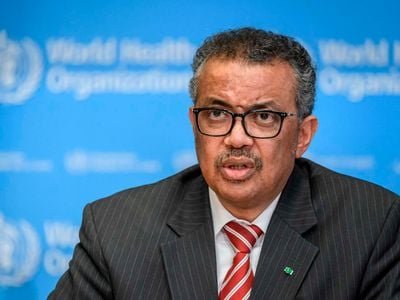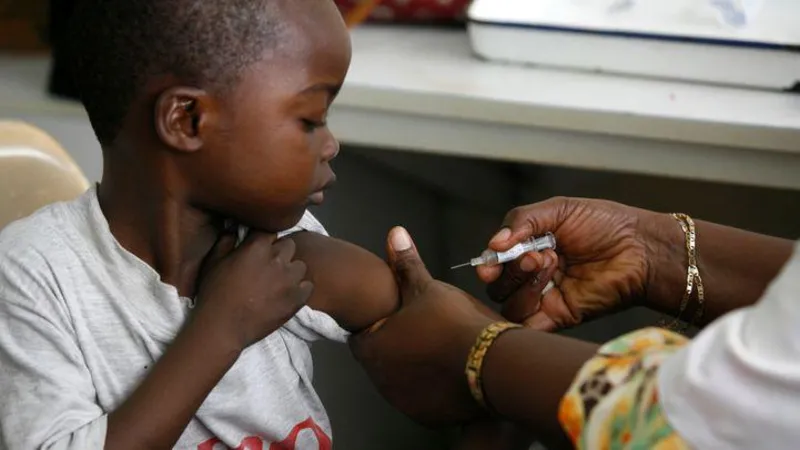By Gom Mirian
To promote the integration of traditional and complementary medicine with conventional healthcare practices, the World Health Organisation (WHO) has engaged in an interactive dialogue with civil society representatives.
The purpose of the virtual summit was to pinpoint important goals and plans for ensuring more equitable and comprehensive healthcare systems globally.
During the discussion, civil society oorganisations stressed the need for increased recognition and support for traditional and complementary medicine, which is deeply rooted in cultural practices and has been uutilised or centuries by diverse communities.
Recognising the potential of integrating these practices with conventional medicine, the Director-General of WHO, Dr. Tedros Ghebreyesus, highlighted the importance of evidence-based research and strong regulatory frameworks to ensure efficacy, safety, and quality of healthcare interventions.
According to him, “Traditional, complementary, and integrative ( TCIH) health is rooted in the knowledge and resources of communities. For millions of people around the world, it is their first stop for health and well-being and an integral part of their health system. It is for precisely these reasons that dialogues with civil society organisations are so important to WHO, as we shape our guidance and policy recommendations for countries.”


